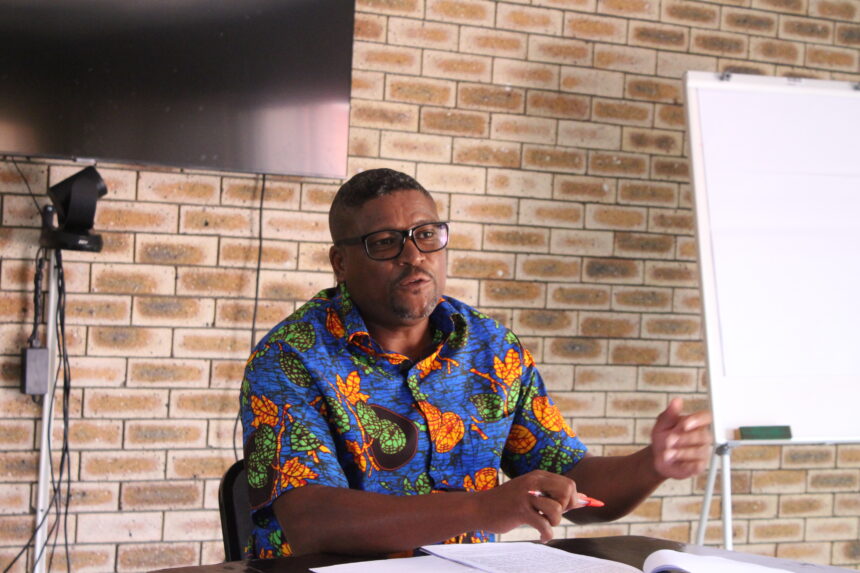Andreas Thomas
National Union of Namibian Workers’ (NUNW) secretary general Job Muniaro said the original goal of advocating for workers’ rights during the colonial period is still relevant today, as workers continue to face challenges in the workplace.
He told Nampa last week that nothing has changed because employees still work under unwarranted circumstances, hence employee representation is still important.
NUNW, Namibia’s main workers’ federation, hosted Workers Day in Oshakati in the Oshana region under the theme ‘Workers Demand Natural Resources Beneficiation, Value-Addition, Decent Wages and Youth Empowerment’.
Muniaro said May Day is celebrated in light of emerging challenges facing workers in the workplace, including new technologies such as artificial intelligence (AI).
“When you have such a challenge and the workers of your country are not re-skilled in terms of the technologies that are coming, it becomes a challenge because you might lose your employment to foreigners. That’s one of the challenges.
We, therefore, need to either increase retraining, re-skilling or up-skilling of workers for them to adapt to the new technological employment that is coming in,” he said.
Secretary general of the Trade Union Congress of Namibia (TUCNA) Mahongora Kavihuha said labour unions are more important than ever before.
This is especially so in the new dispensation of changing the way how workers, businesses and labour market operate.
TUCNA, the affiliated federation of trade unions not aligned with NUNW, commemorated the day under the theme ‘Industrialisation, Trade, Decent Work for Social Justice’ in Lüderitz in the Kharas region.
“Industrialisation in the Namibian context was already identified in Vision 2030. We are only left with five years before Vision 2030 ends. The 25 years have been dedicated to rhetoric. We want that changed. We want to benefit from the resources,” he said.
Labour expert Herbert Jauch stated that this year’s commemoration of Workers’ Day is taking place amid challenges in the local labour sector, including the introduction of AI.
“It’s a very tough time when you look at the recent data we have on unemployment, with a broad definition that includes even those who are unemployed and have given up looking for work, as they are now discouraged.
If we include them, our unemployment rate stands at 54%,” he said.
Jauch said the situation is compounded by low wages, with the latest data indicating that 45% of Namibians earn N$3 000 or less per month.
He noted that the only step forward this significant year was the introduction of a national minimum wage of N$18 per hour, which happened for the first time.
He said although it is far from a living wage, it is a step forward.
Unions and workers now need to ensure that it is implemented across the board.
Jauch noted that AI can benefit workers only if it increases productivity, while allowing them to work fewer hours without a decrease in their current salaries or better salaries.
“But if AI is solely under the control of corporations and employers, then it’s likely that it will lead to further reduction in jobs, as employers can maintain the same level of production with fewer workers and the use of technology,” he said.
-Nampa


